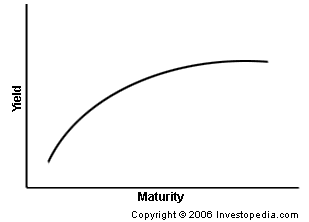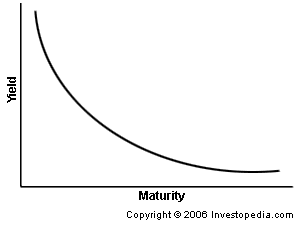This is perhaps an important piece of news for investors in Malaysia stocks. Today, the Kuala Lumpur Composite Index (KLCE) fell as much as 10% to 1166.32, suspending the trading for an hour. As reported in reuter news, stocks linked to the federal government such as Sime Darby, the market's biggest blue chip, fell by 9.6%.
Warren Buffett, currently the richest man in the world now, has this famous quote, "Be fearful when others are greedy and greedy when others are fearful." Now, when the stocks are beaten down like that, is it a good, buying opportunity? If you had closed your position before this and are using the buy-and-hold approach, then it makes sense to buy. But then, you never know if the market might go down some more. So it is probably better to buy a bit as it moves lower to average out your purchase price. And perhaps use some technical analysis to determine a good market entry. Which stock should you pick? (Also, I think it is important to monitor the US market indices as well. IMHO, I think the world market is not decoupled from the US market.)
Nevertheless, we are just beginning to see the effects of the election results. The market is reacting this way because it is uncertain of the political stability in Malaysia. How long is this going to last? Maybe as soon as the media starts to trumpet good news. After all, as noted by Garfield Drew, "Stocks are never sold for what they are worth, but what people think they are worth." Hey, maybe some smart aleck can start using the internet platform or blogging power to trigger a positive sentiment, eh?
Just joking. No, it's not funny. Oh well, maybe, like the investors, we'll just have to wait and see.
Related links (as with anything on internet, read with discretion):
http://bursa88.blogspot.com/
http://www.squidoo.com/klse-online
http://www.klse.com.my/website/bm/
http://tradingbursamalaysia.blogspot.com/
http://www.chartnexus.com/
http://quote.yahoo.com/q/ta?s=%5EKLSE
http://www.tradesignum.com/PublicChart.aspx?symbol=KLCI
Disclaimer: The above is not a recommendation to buy or sell, all suggestions mentioned are purely for academic study purposes for our trend trader club members only, and the author may have personal interest and position in some of the examples mentioned. Any losses incurred if you were to trade base on the study examples above is solely your own responsibility. Do consult your dealer before taking any action.


















